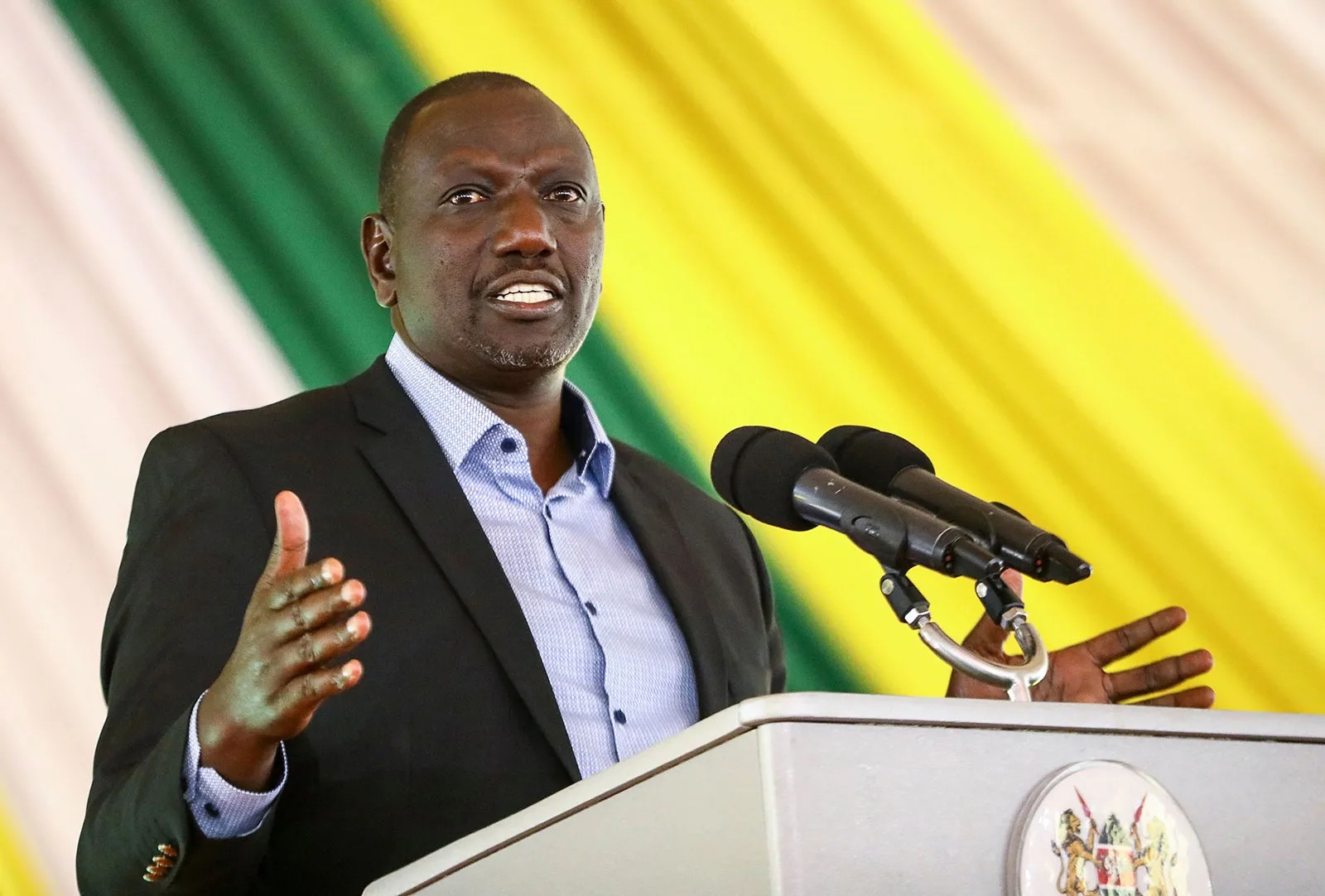- A year into President Ruto's administration, Kenyans express their disappointment as the economic situation deteriorates.
President Ruto's recent statement of "My hands are tied" in response to the economic challenges faced by Kenyans has left many citizens disillusioned.
Despite promises of swift change during his campaign, little progress has been made, and the adopted policies appear to exacerbate the economic hardships faced by most Kenyans.
A year into President Ruto's administration, Kenyans express their disappointment as the economic situation deteriorates.
The policies implemented thus far have failed to relieve the common person, leading many to view them as mere promissory rhetoric to appease the population. This further tarnishes the president's image, considering his earlier promises of a swift turnaround.
One of the critical issues affecting the economy is the steadily increasing fuel prices.
Read More
This elephant in the room has significant implications for the overall economic stability, as fuel prices have a far-reaching impact on various sectors. The burden falls heavily on the common "hustlers" struggling to make ends meet.
During the campaign trail, President Ruto's Kenya Kwanza brigade championed the hustler narrative, vowing to improve the livelihoods of the common mwananchi through their touted bottom-up plan.
This plan generated significant excitement among the hustling class, who anticipated tangible change after casting their votes. However, the reality has been quite the opposite, with the situation deteriorating instead of improving.
One year into President Ruto's tenure, the country's top leadership appears to be in campaign mode again, piling on unfulfilled promises. At the same time, Kenyans bear the brunt of ill-timed policies.
While some Kenyans acknowledge that these policies may have long-term economic benefits, they argue that the timing is inappropriate. The most vulnerable, particularly the youth, are suffering the consequences.
The increase in taxes and the abolishment of substitutes that previously stabilized prices for everyday commodities have worsened the plight of the hustlers who supported the government.
The tax rise has led to widespread reductions, exacerbating the already dire unemployment situation. Additionally, numerous small businesses have been forced to close, further damaging the economy.
To address the current economic crisis, the government must prioritize the people's immediate needs over other development projects.
The campaign promise to lower the cost of living must be honoured by adopting policies that reduce fuel prices and make essential items more affordable.
Reinstating fuel substitutes and lowering taxes would provide temporary relief to the ordinary people, enabling them to support themselves while the government works towards sustainable economic growth.


-1772196257-md.jpg)

-1772181606-md.jpg)


-1772196257-sm.jpg)

-1772181606-sm.jpg)
